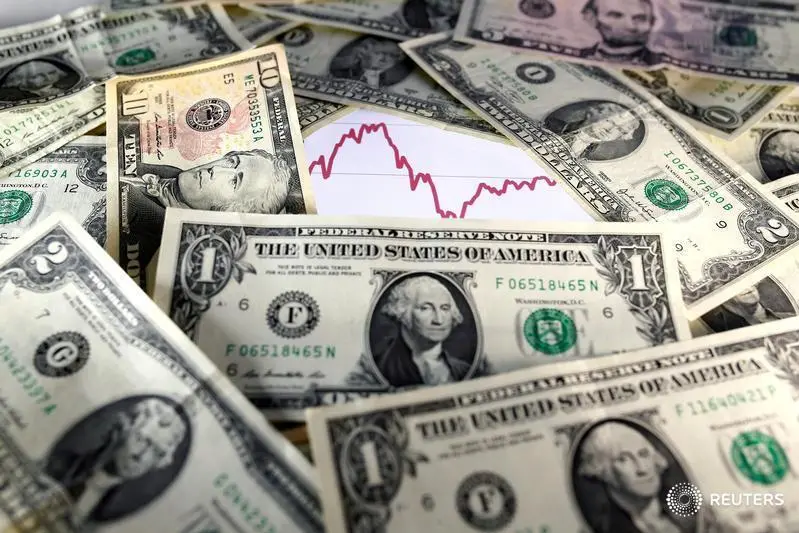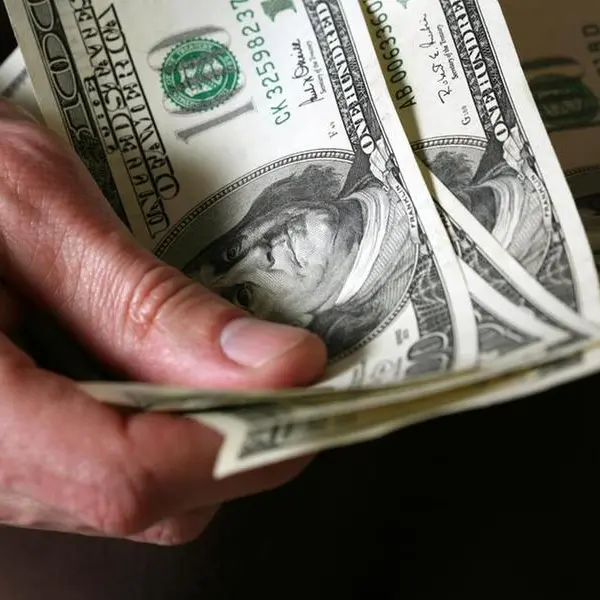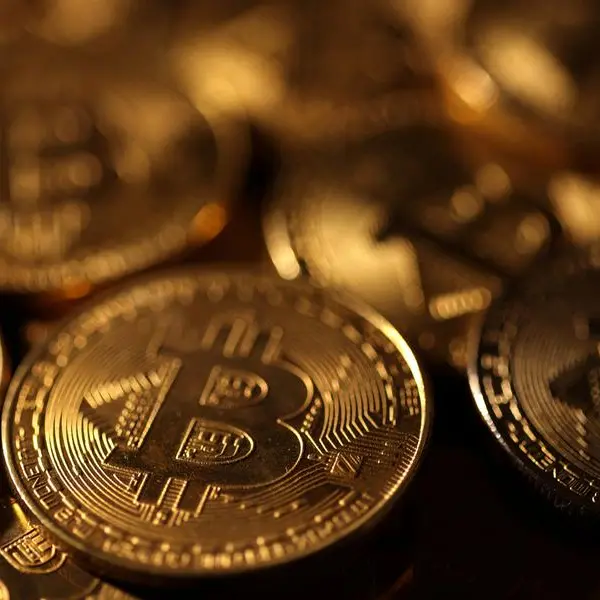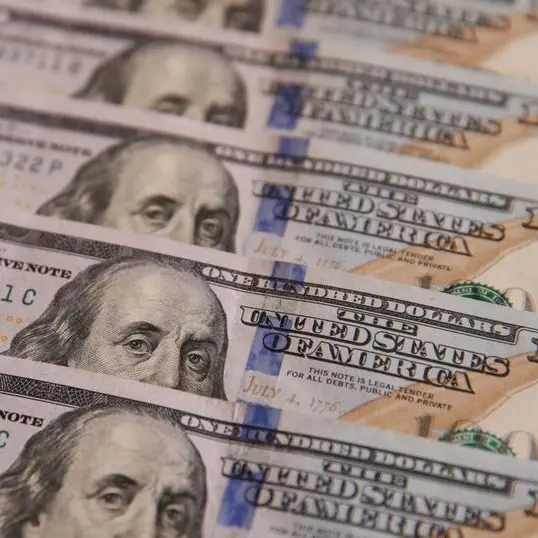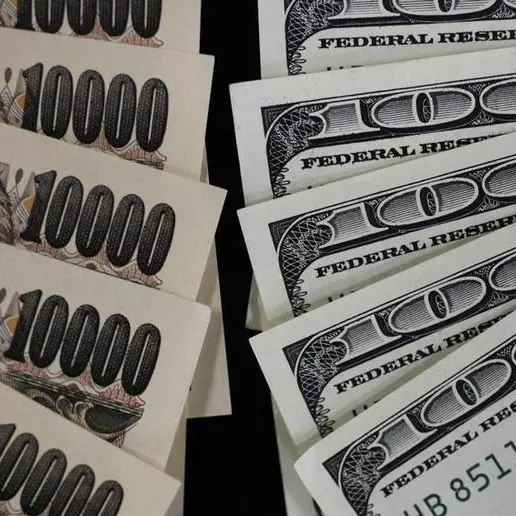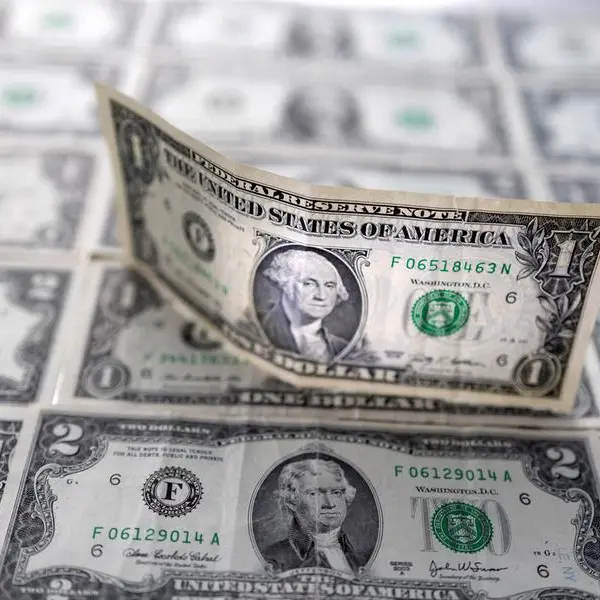PHOTO
The U.S. dollar held firm on Wednesday before the Federal Reserve policy meeting later in the session which is expected to deliver a hawkish cut, trimming rates but suggesting less monetary easing ahead.
Analysts recalled that the assumption that the Fed would reduce its level of 2025 easing had propped up the dollar recently, while markets kept pricing a 25 basis point rate cut.
"We foresee a hawkish shift in the dot plot, consistent with the movement in market expectations since the last update in September," said David Doyle, head of economics at Macquarie.
"Chair Powell is likely to stress a slower pace of easing ahead, uncertainty over the neutral rate, and the data dependence of the policy outlook," he argued, adding that beyond this meeting, he sees just one 25 bps cut in 2025.
The U.S. dollar index, which measures the greenback against six rivals, was up 0.05% at 106.97 after hitting its highest since Nov. 26 at 107.18 on Monday.
"We think they will pause (cutting rates in January)," said Padhraic Garvey, regional head of research, Americas at ING.
"It's unlikely they telegraph that intention explicitly."
Data on Tuesday yet again showed a resilient U.S. economy after retail sales beat expectations, but investors are also weighing the possible impact of promised tariffs and tax cuts by the incoming Trump administration.
If the target range for the federal funds rate is cut by 25 bps "this should be seen as a technical tweak, rather than a monetary policy decision," said Philip Marey, senior U.S. strategist at RaboBank, who expects one 25 bps rate cut in 2025.
"They (the Fed) will have to stop much earlier and at a higher level than they now expect. They could even be forced to start hiking again if inflation gets out of control," he added mentioning expected U.S. tariffs.
The current dot plot projects the Fed to deliver four 25 bp cuts next year.
The euro sat at $1.0495.
More upbeat economic news out of the U.S. amid dour expectations for Chinese economic growth sent the Aussie and kiwi down. China is Australia's largest two-way trading partner.
The Australian dollar slid to $0.6310, its lowest since October 2023. It was last down 0.35% at $0.6313.
The kiwi touched a fresh two-year low of $0.5731.
The offshore yuan traded at 7.2945 per dollar on Tuesday, holding steady near a 13-month low against the dollar.
Against the yen, the greenback was down 0.16% at 153.7 , having given up some of its recent gains in the previous session as U.S. Treasury yields fell.
Markets have reduced bets that the Bank of Japan will raise rates on Thursday in favour of a January hike, after a slew of media reports, but expect the BoJ to provide some rate outlook.
"The BoJ's relative lack of urgency around the timing of its next hike may also be attributed to the current forex backdrop," said Izumi Devalier, Japan and Asia Economist at BofA Japan.
"The BoJ's decision to hike in July was in part due to concerns over a sharp weakening of the yen and resurgence in upside inflation risks."
Japan's exports rose for a second straight month in November, data showed on Wednesday.
The Bank of England is also expected to hold rates steady on Thursday. Sterling dropped versus the euro and the dollar as investors look at the Fed policy meeting and after British inflation data was in line with expectations.
Among other central banks meeting this week, Sweden's Riksbank is widely expected to cut rates by as much as half a point, while the Norges Bank is set to leave rates unchanged.
The Norwegian crown dropped 0.30% at $11.2279. In May 2023, it hit $11.30, its lowest level since March 2020.
In cryptocurrencies, bitcoin was last down 1.2% to $105,184 after hitting a high of $108,379.28 in the previous session.
(Reporting by Stefano Rebaudo; editing by Sam Holmes, Nicholas Yong, Peter Graff and Angus MacSwan)
